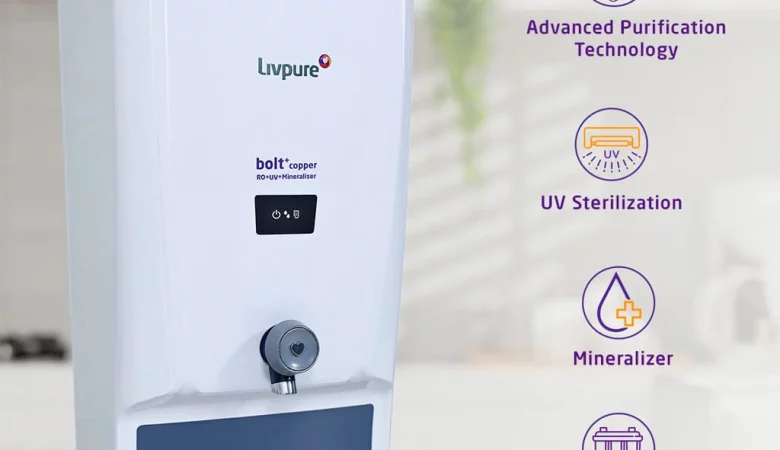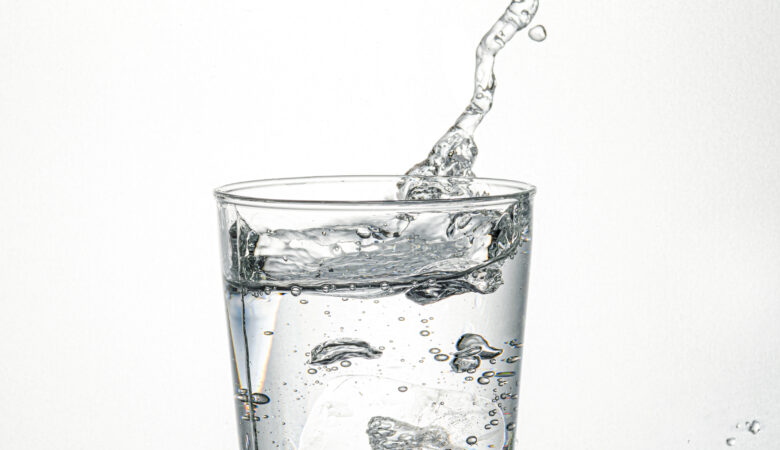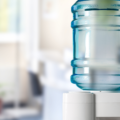With pollution levels increasing over the globe, access to clean drinking water is becoming exceedingly difficult. However, thanks to water purifiers and continuous advancement in them, it is getting easier to get clean drinking water to your home. While water purification technology has gone through many improvements in the recent past, two types of water purifiers that stand out are RO and UV water purifier.
Both come with their own pros and cons. This often creates confusion among consumers when thinking of buying a new water purifier. Understanding the difference between RO and UV purifiers can help you in evaluating which fits your requirement the best. Read on to find pointers that sheds light on the difference between the two.
The Working Principle of RO Purifier
Reverse Osmosis (RO) systems use a semi-permeable membrane that removes dissolved salts, large particles as well as most types of bacteria and germs.
This is done by moving molecules from a region of high concentration to one of low concentration, using pressure to push water across the membrane, leaving the impurities behind in each stage.
Ultra Violet (UV) systems use UV rays to perforate the harmful pathogens in the water. By directly attacking the genetic core of bacteria, it kills the bacteria.
Verdict: RO purifiers can reduce the total dissolved salt content of the water and remove most bacteria but may not be as effective in killing some types of bacteria.
UV purifiers, on the other hand, may be good to kill the invisible bacteria but may not be as effective for lowering the dissolved particles in the water.
Maintenance Hassles and Costs
The quality of RO determines its maintenance costs. A low-quality RO compromises on its filters which thus require regular replacement for effective results. Whereas a good quality RO is certain to give 100% pure water and thereby less maintenance hassle. However, even the good RO systems would need at least some or all of the filters being changed after one year.
UV water purifier, on the other hand, functions using a UV lamp. While there is no definitive way to find out if the UV lamp is working or not, most experts usually recommend changing it after one year. Some purifiers also come with UV alarms that let you know when the lamp is not working.
Verdict: Both RO and UV purifiers have a similar maintenance cost. Buy a machine that uses good quality filters and always use company recommended filters when replacing them to ensure the efficacy of the purifier.
The Water Source
As already mentioned above, while RO systems remove the bacteria and other impurities, UV kills them. Thus, RO purifiers also use a pre-filter in most cases which can handle highly impure water with high levels of dissolved particles. UV purifier, on the other hand, does not use a pre-filter to remove physical impurities.
Verdict: While a UV purifier is great for killing invisible bacteria that may pass through the membranes in the RO systems, it cannot remove dissolved salts from water. For that, you need an RO purifier.
Water Consumption and Wastage
Since UV purifiers kill bacteria by passing water through UV lamps, it results in zero wastage of water. However, an RO purifier eliminates contaminated water at every stage of purification. This leads to a considerable loss of water.
Verdict: RO purifiers waste more water than UV purifiers. While this wasted water may not be fit to drink, you can use it for other chores of the house such as cleaning the house, washing clothes, and watering the plants.
Choosing the right type of purifier may be challenging. Consider factors such as type of water supply, level of contamination and other factors to select the right type of purifier.
Whether you buy RO water purifier online or a UV purifier, make sure you choose one that promises good quality water and least maintenance hassles. You can also select a RO+UV purifier to get the advantages of both the technologies.








